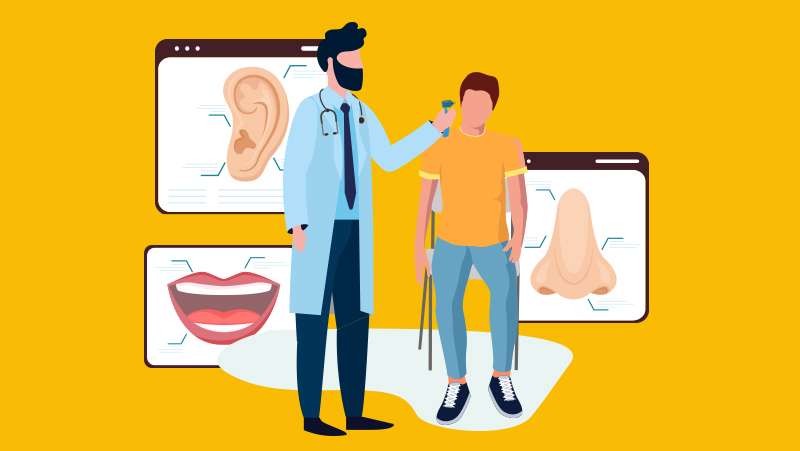In the fast-paced evolution of technology, the integration of 5G into urban infrastructure is heralding a transformative era for cities—giving rise to the concept of smart cities. This article explores the symbiotic relationship between 5G technology and the development of smart cities, unraveling the myriad ways in which connectivity is reshaping urban living.
Ultra-Fast Internet
At the core of the smart city revolution is 5G’s ability to deliver ultra-fast internet speeds. This empowers residents and businesses with swift and reliable connectivity, fostering a seamless digital experience.
Enhanced Bandwidth for IoT Devices
The Internet of Things (IoT) is the backbone of smart cities, with countless devices collecting and exchanging data. 5G’s enhanced bandwidth enables a massive network of interconnected devices, from smart traffic lights to environmental sensors.
Real-Time Data for Navigation
5G facilitates real-time data exchange between vehicles and traffic infrastructure. This enables intelligent navigation systems, optimizing traffic flow and reducing congestion for smoother urban mobility.
Connected Autonomous Vehicles (CAVs)
The low latency of 5G is critical for the success of connected autonomous vehicles. With near-instantaneous communication, CAVs can navigate urban environments safely and efficiently, revolutionizing the future of transportation.
Efficient Resource Allocation
Smart cities leverage 5G to monitor and manage critical infrastructure, such as energy grids and water supply systems. This enables efficient resource allocation, minimizing waste and promoting sustainability.
Predictive Maintenance
5G-connected sensors gather real-time data on infrastructure conditions, allowing for predictive maintenance. This proactive approach ensures that repairs are made before issues escalate, improving the reliability of urban services.
Virtual Healthcare Consultations
5G facilitates high-quality, real-time video conferencing, making telemedicine a reality. Residents of smart cities can access healthcare services remotely, reducing the burden on physical healthcare facilities.
Remote Patient Monitoring
The low latency of 5G is crucial for remote patient monitoring devices. Healthcare providers can receive instant and accurate data, allowing for timely interventions and personalized care.
Smart Living and Connectivity
Residents in smart cities benefit from the integration of 5G in their homes. Smart appliances, security systems, and entertainment devices are seamlessly connected, offering residents unprecedented control and convenience.
Augmented and Virtual Reality Experiences
The high speeds and low latency of 5G enrich augmented and virtual reality experiences. From immersive gaming to virtual city tours, residents can enjoy a new dimension of entertainment and exploration.
Overcoming Challenges and Ensuring Inclusivity
While the promise of smart cities is exciting, addressing digital divides is crucial. City planners must ensure that 5G infrastructure is accessible to all residents, promoting inclusivity and equal opportunities.
Data Security and Privacy Measures
As connectivity increases, so do concerns about data security and privacy. Robust measures must be in place to safeguard the personal information of residents and ensure ethical data usage.
The Road Ahead: 5G and Beyond
The evolution of smart cities requires collaboration between technology providers, city planners, and various industries. Continued innovation and shared expertise will drive the ongoing development of connected urban environments.
Emerging Technologies
As technology advances, smart cities will continue to evolve. From AI-driven urban planning to the integration of 6G and beyond, the future holds exciting possibilities for the continued enhancement of urban living.
Conclusion
The marriage of 5G technology and the concept of smart cities is reshaping the landscape of urban living. From intelligent traffic management to enhanced public services and smart living, the possibilities are vast. As we navigate this connected urban future, it is imperative to address challenges such as digital divides and data security, ensuring that the benefits of smart cities are accessible to all. With continued innovation and collaborative efforts, the vision of connected, efficient, and sustainable smart cities is well.














